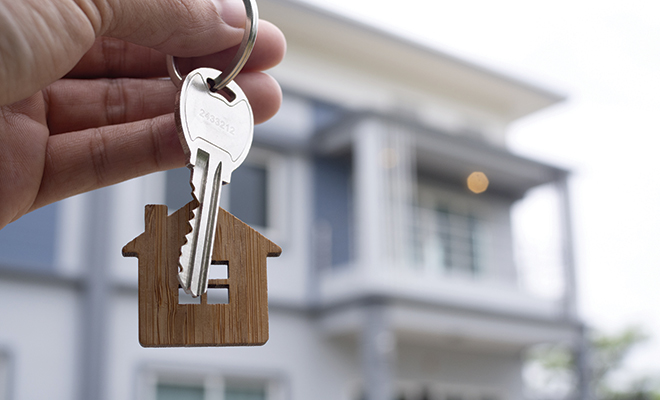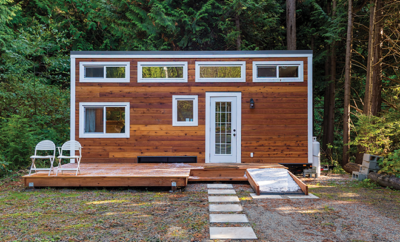
Why Are Home Prices Rising?
The novel coronavirus, the virus responsible for the current worldwide pandemic, has created unprecedented market volatility in every sector of the economy. One of the most interesting trends to watch in 2020 was real estate valuation.
Prior to the pandemic, the U.S. housing market was quite strong. But the response to the coronavirus crisis reached a new level and the entire private economy was essentially shut down, with an estimated 80 percent of businesses closed. This caused unemployment to spiral and real estate came crashing down early this year.
So why in the world are home prices so high now and what will the rest of the year look like for home buyers and sellers?
First, economic activities are finally gearing up in all sectors. Mortgage rates are at historic lows, providing opportunities for buyers to lock in low monthly mortgage payments for future years.
Second, reports are going out that show prices are rising in most parts of the country because of the lack of supply of houses on the market. Tight housing inventory was an issue even before COVID-19. This persistent shortage of housing could mean that home prices as a whole could easily rise by 10 percent each year over the next two years. Buyers everywhere are anxious and waiting for new inventory to hit. As soon as sellers list their homes, buyers are snatching them up, which naturally drives up the cost of homes. This scenario is disheartening for buyers who are sitting on the sidelines armed with the lowest mortgage interest rate of their lives, sadly, with nothing to buy.
Third, the cost of building has skyrocketed. Just the cost of lumber increased nearly 80 percent, and even up to 150 percent from April to August 2020. Add a labor shortage of 32 million jobs lost overall and an increase in minimum wage to explain the sluggish inventory. There was already a shortage of homes within the last ten years, but now it will take a while to match demand.
Despite the record high prices, short supply of inventory and economic uncertainty, buyer demand just keeps on running ahead full throttle. This demand sustained price growth of a little over 10 percent for 2020.
All 50 of the largest markets in the U.S. are now “over the hump” of the recovery. The most recovered markets, if you are lucky enough to live in one, include Miami, New York, Minneapolis, Jacksonville and Sacramento. And more than half of the markets have seen growth in asking prices surpass the beginning of 2020, including Pittsburgh, Austin, Cleveland and New Orleans.
However, a long-term comeback is not guaranteed. As of this writing in October 2020, it’s predicted that the fall season will test the strength of this recovery in pricing with more economic and health concerns. If the pandemic worsens, sales will see sellers and buyers staying away, both figuratively and statistically. But for now, the housing market is past the recovery phase and is offering higher home sales compared to the pre-pandemic days.
Some experts predict that demand, supply, pricing and sales will continue to grow unless the unemployment rate stays high. If a buyer is unemployed or faced with a huge payroll cut, a low-interest mortgage rate doesn’t do much good. This is the “affordability” issue where a buyer still has to put 20 percent down on a conventional loan. So, when a buyer is seriously considering a higher-priced home, this creates a larger than usual barrier for some.
Many have been calling for reasonably priced homes over the last few years. And now, lower-priced homes are hot tickets, growing faster than the luxury home market. First-time buyers and investors are actively seeking these lower-priced homes. This bodes well for the industry as a whole going into 2021.
By the summer of 2021, economists estimate that home price growth will start to slow. They anticipate high unemployment rates, which will lead to an increase in sales of distressed homes and some homeowners who will be unable to make mortgage payments.
One trend that will continue to affect real estate beyond 2021 is remote working, brought about by social distancing requirements of many companies. People are gravitating to new priorities in their lives about where and how they want to live. Homes will become even more important due to the sheer amount of time spent at home working and socializing. Homes will begin to reflect a new way of living.
The co-founder and CEO of online real estate marketplace Zillow and co-founder of Expedia and Glassdoor, Richard Barton, believes the current pandemic has permanently reshaped the way people live and work and this will have a profound effect on pricing in the future. ■
Sources: geekwire.com, msn.com, curbed.com and marketwatch.com.







